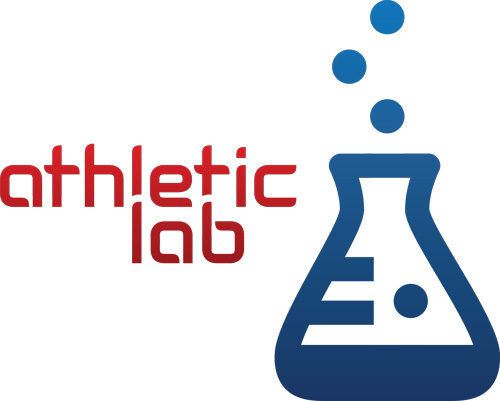Written by: Danny Beer, MS, RDN/LDN, CPT
As detailed in our other blog post this month Identifying and Treating Concussions the number of concussions occurring has been steadily increasing so knowing how to treat them is important. Today we will discuss how nutrition can help you recover faster from a concussion or traumatic brain injury (TBI).
Recent studies have shown that supplementing with the Omega 3’s found in fish oil, specifically EPA and DHA can decrease recovery time after a TBI. What are those? Well Omega 3’s are a specific type of unsaturated fatty acid that has its first double bond on the third carbon atom so when someone says “Omega 3’s” that is a very broad category. In this case we are specifically concerned about 2 omega 3’s: Eicosapentaenoic acid (EPA) and Docosahexaenoic acid (DHA). Where can you get these? The most common source is fatty fish such as salmon, mackerel, and herring. For those that find it hard to get enough fish throughout the week or do not like the taste of fish a more convenient option is fish oil or fish oil pills. A common complaint of people who take fish oil pills is that they get the “fish burps”. One way to combat this is to store your fish oil pills in the freezer and take them immediately upon taking out.
There are lots of different Omega 3 and fish oil pills out there. When trying to evaluate if it is a good product the first thing to look for is how much EPA and DHA is actually in each serving. It is common for some of the cheaper/lower quality brands to try and hide how much is in their product. They will use vague terms like 500 mg of fish oil or 500 mg of Omega 3’s which we discussed is a very broad category! So you want to find a supplement that says example how much EPA and DHA is in the product on the supplement facts label. The recommended dose is 1000 mg of EPA + DHA and bigger athletes may need up to 3000 mg. Make sure to take into account how many pills you would need to take in order to get that amount. If you are someone who has difficulty swallowing pills then you would want to prioritize a brand that has the recommended dose in 1-2 pills compared to cheaper brands that might require you to take 4+ or look for it in liquid form. If you are a vegetarian don’t worry, the EPA and DHA in fish oil actually comes from the algae that they eat so you can find an algae source of Omega 3’s and still get the recommended dose.
One last thing to look for when searching for a fish oil supplement (or any supplement for that matter) is third party certification; which means that the supplement has been third party tested for label accuracy and to verify that no extra substances are in the product that could be harmful or more importantly for an athlete, result in a positive drug test. Common third party certifications to look for include: NSF certified for sport, Informed choice, and USP. If you have any additional questions regarding nutrition, please consult with your dietitian.
About Danny Beer, MS, RDN/LDN, CPT:
Danny is originally from Texas. He completed his undergraduate degree in Nutrition and Kinesiology from Texas A&M University, and has a Masters of Science in Exercise and Sports Nutrition from Texas Women’s University. He is a Registered Dietitian/Nutritionist (RDN), Licensed Dietitian/Nutritionist (LDN) and a ACSM Certified Personal Trainer (ACSM-CPT). Danny enjoys training for and competing in natural bodybuilding, triathlons, and obstacle course races most recently completing his first Spartan Trifecta in 2016. Despite being a Performance Dietitian his favorite foods are pizza and ice cream.









